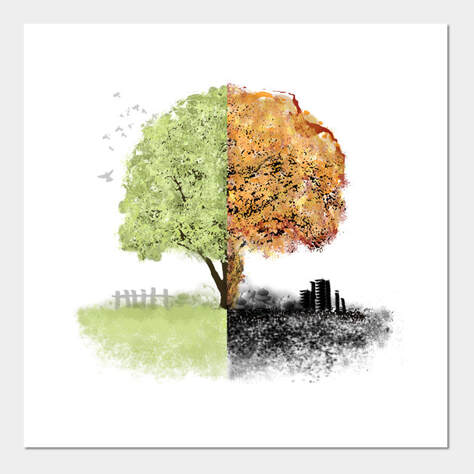It’s not going to happen to me. It happens to older people, people with end stage cancer, daredevils who take risks. The tears I’ve been shedding these past few weeks are for other people who have died from COVID-19 complications, others who are affected socially, emotionally, economically, and physically by this pandemic. Not me.
A few days before my birthday, I started to feel pain in the chest wall. A slight tickle in the throat foreshadowed an ominous cough. But without shortness of breath and a fever, I wondered if this was anxiety or the beginnings of a diagnosis the whole world is keen to keep at bay. Were all those tears for others, or were some to help water seeds of understanding for this life?
With years of mindfulness practice and contemplations of impermanence, one would think I’ve considered the possibility of dying. I’m embarrassed to say that this heart-mind lives in a protective bubble of delusion. Even when my aunt, who was like a mother to me died from a poorly differentiated unnamed cancer six years ago, I still didn’t believe it could happen to me.
Till now. This virus has an eerie way threatening everything. A regular day at work in the outpatient setting with business casual clothing is now replaced with scrubs, tennis shoes, and sometimes full HAZMAT ensemble. A casual trip to the grocery store requires gloves, a mask, hand sanitizer, six feet between patrons, and timing to avoid long lines. Walks in the neighborhood on a sunny spring day feel strangely quiet, as if the outside air will kill on contact. Zoom has become the virtual safe space where it’s all happening.
As physicians, we dance with illness and wellbeing on a regular basis. We even have end of life discussions with particular patients where prolonging life may sacrifice quality of life and personal wishes. But how often do we contemplate our own mortality?
What’s happening locally and globally is tenderizing this heart- mind like never before. There is a visceral (as opposed to cognitive) understanding that I will not live forever. This body may one day become immune to Covid- 19, but it cannot escape death as it’s natural end.
If you knew that your time on earth is limited, who or what would really matter? Would it be the white hairs showing through darker ones on video visits or zoom calls, or a heightened sense of touch from loved ones sheltering at home with you? Would you still answer “fine” to all the questions from colleagues, family and friends on how you are doing, or would you pause and follow the question to see where it leads?
I believe we have a responsibility to contemplate our own mortality, or at least begin to ask the hard questions. Our patients are facing the fear of sickness and death daily, hourly, every second, in every question asked and every look of a brewing storm just below the surface of feigned tranquility.
How do we find a middle way between anxious overwhelm and blatant denial? Perhaps it starts with opening to what is here, one slow breath, one small step at a time, not trying to predict an unknown future or take shelter in a past that no longer exists. When distracted by thoughts of wishing it were different or that you were elsewhere, the gentle invitation is to return to the present moment with as much kindness, and as little judgment as possible, to notice what’s happening inside your body and heart. If the present moment is too triggering or overwhelming, it’s skillful to open in baby steps with lots of support.
The energy and effort required for this practice are not the same as striving for good grades, extracurricular activities, and letters of recommendation required for college, medical school, and residencies. You don’t get more points for overperforming. It takes a certain humility and courage to let go of labels, ideas, concepts to touch the bare truth.
Mark Nepo writes, “We waste so much energy trying to cover up who we are when beneath every attitude is the want to be loved, and beneath every anger is a wound to be healed and beneath every sadness is the fear that there will not be enough time.
When we hesitate in being direct, we unknowingly slip something on, some added layer of protection that keeps us from feeling the world, and often that thin covering is the beginning of a loneliness which, if not put down, diminishes our chances of joy.
It’s like wearing gloves every time we touch something, and then, forgetting we chose to put them on, we complain that nothing feels quite real. Our challenge each day is not to get dressed to face the world but to unglove ourselves so that the doorknob feels cold and the car handle feels wet and the kiss goodbye feels like the lips of another being, soft and unrepeatable.”
As we slowly unglove our hearts from all the protective armoring, may we skillfully connect with ourselves and each other, honoring the grief and gratitude arising along the way.

 RSS Feed
RSS Feed